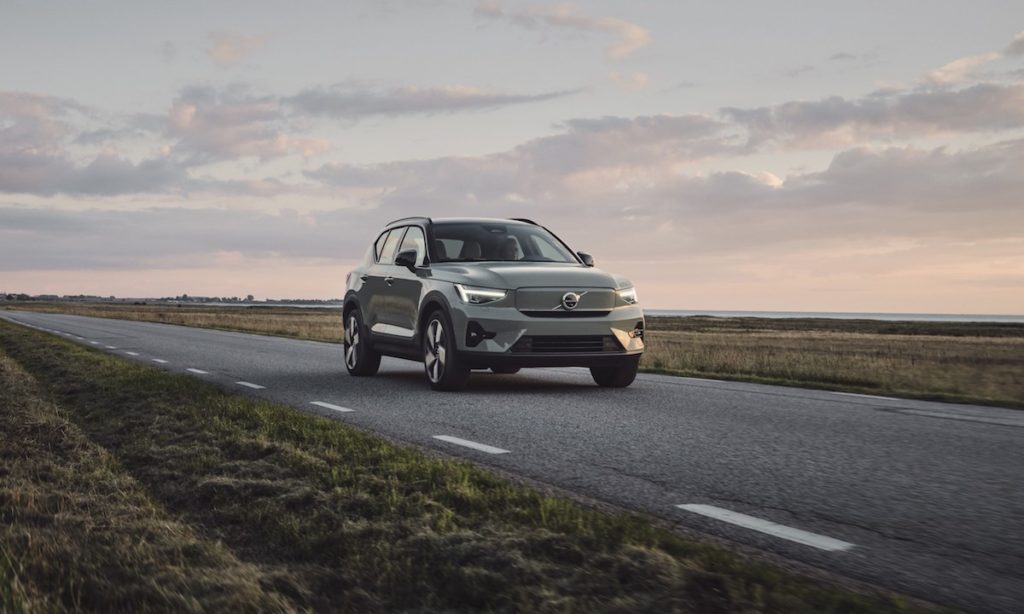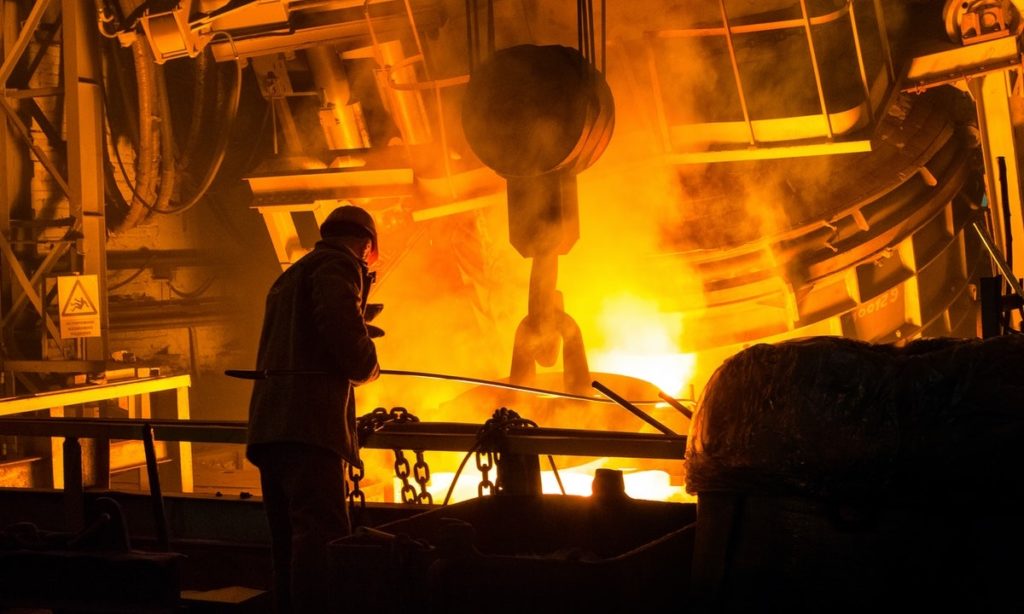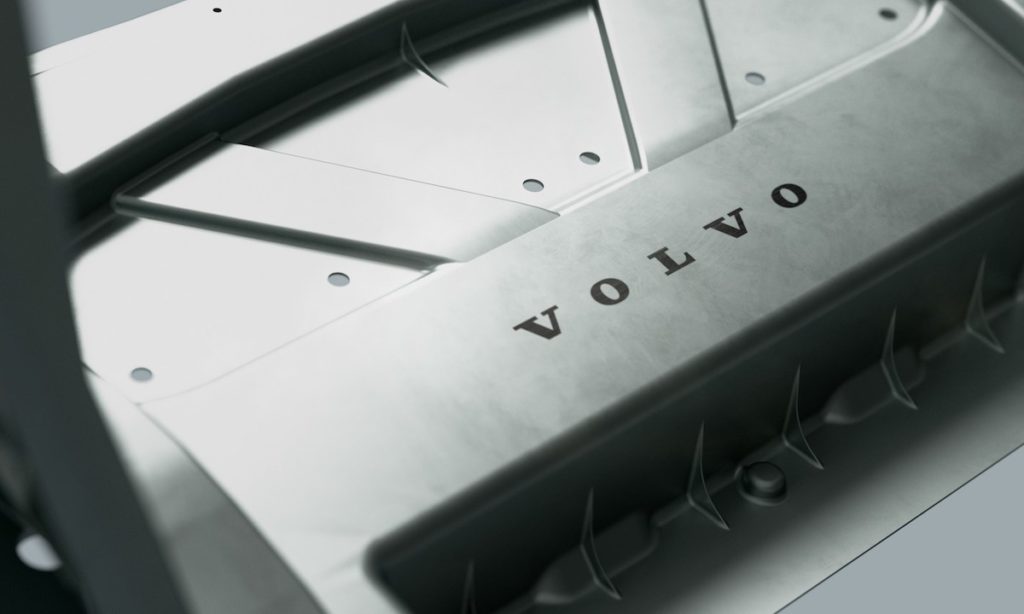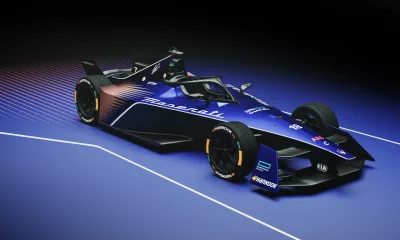The automotive industry is in a frantic race towards electrification and carbon neutrality. Leading the pack is the Swedish automaker, Volvo, which has now joined the SteelZero initiative to further its efforts in ensuring that its production process inches closer to carbon neutrality.

“A sustainable approach to steelmaking is not just good news for the environment, it is also good business as it limits our exposure to future climate risks and regulations,” said Kerstin Enochsson, chief procurement officer at Volvo Cars
SteelZero is an initiative that seeks to include the worlds leading organizations in hopes to try speeding up the transition into a net-zero steel industry and increasing the demand for fossil-free steel. At this moment, steel production accounts for 33% of all production-related emissions in the development of a new Volvo car. The firm seeks to reduce and eliminate the use of fossil fuels in its steel supply chain and promises to ensure that all of its steel sources are net-zero sources.

But what is fossil-free steel? Currently, the vast majority of steel is produced through the use of coke and coals. These fossil fuels are a substantial contribution to the world’s carbon emissions. A fossil-free steel production process removes the coking coals. SSAB is a Swedish steelmaker that specialises in a fossil-free steel production process using hydrogen. Volvo is not only the first automaker to join SteelZero but is also the first to work with SSAB and HYBRIT.
Head of industry at Climate Group, Jen Carson said “Volvo Cars joining SteelZero marks an important step change in the global demand signal for low emission and net zero steel, and a pivotal moment for the automotive industry. This sector plays a central role in driving the net zero transition of steel.” Volvo has begun its process to converting its production plants to operate purely on the use of carbon-neutral or eco-friendly energy. Currently all of its European plants are run using clean energy.

Volvo is at the forefront of the push towards carbon neutrality and has promised that by 2030 its fleet will be all-electric. Looking at their current trajectory, it is very likely that that will become a reality.












